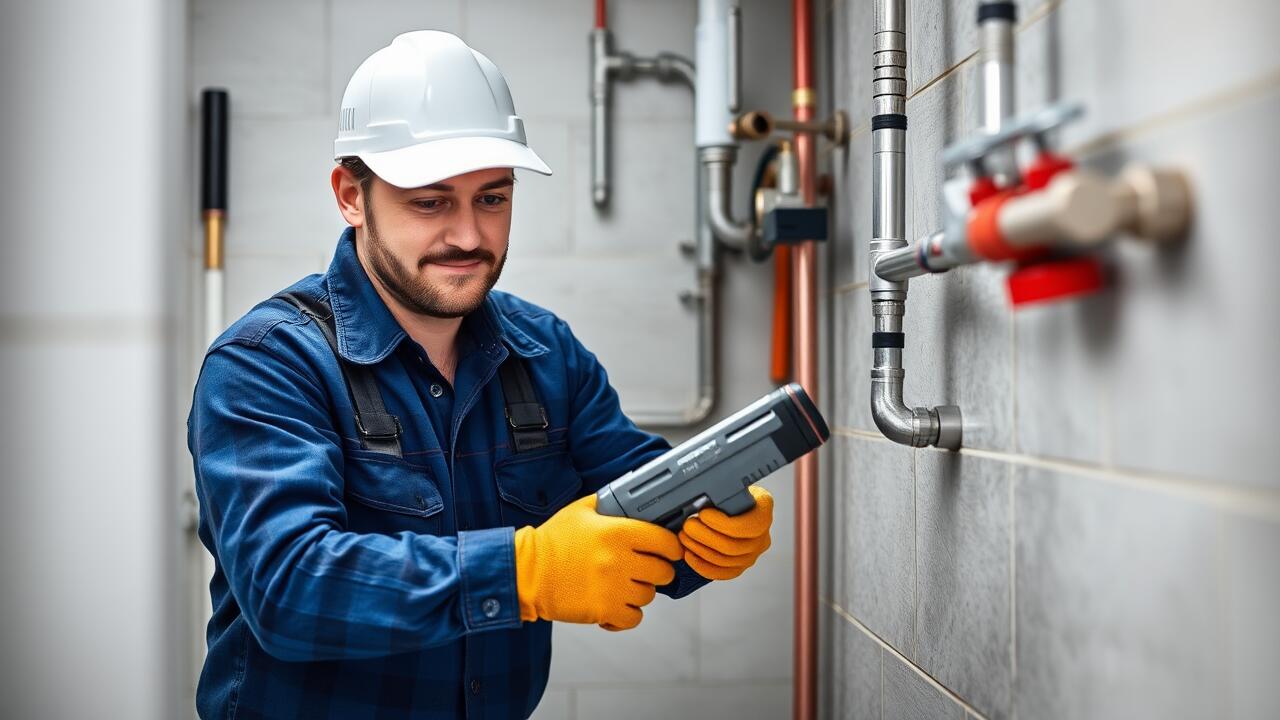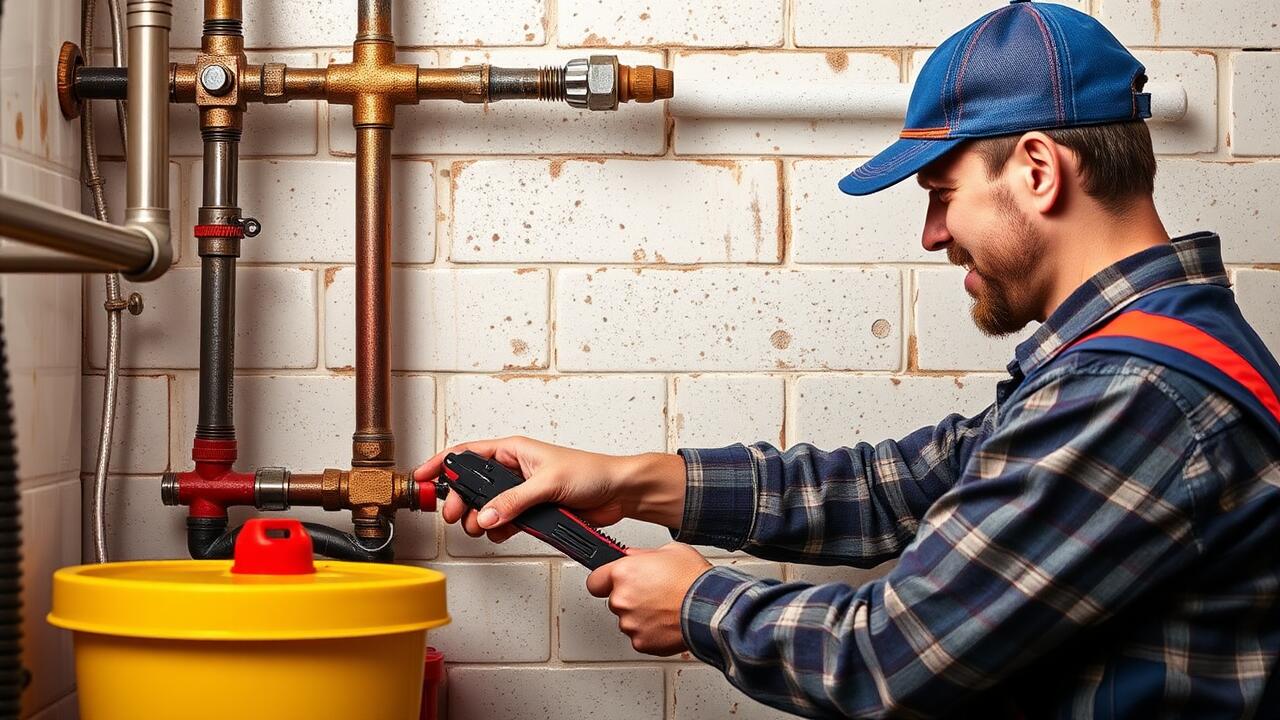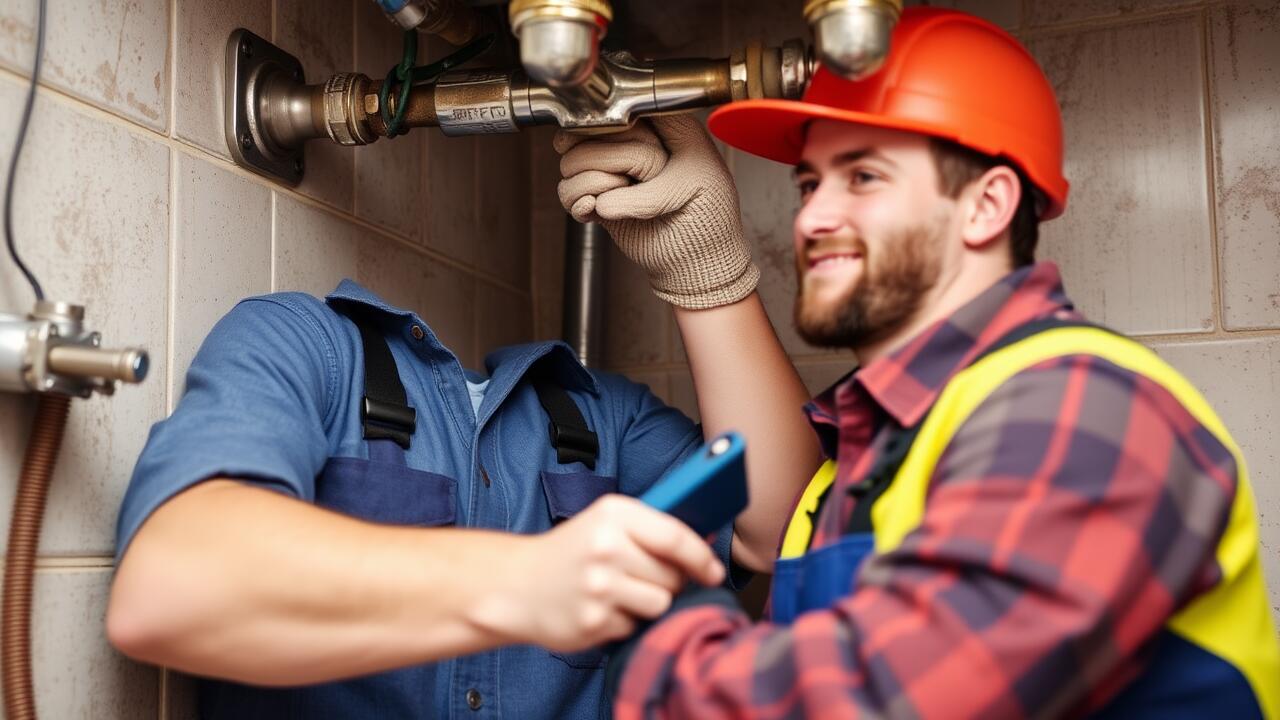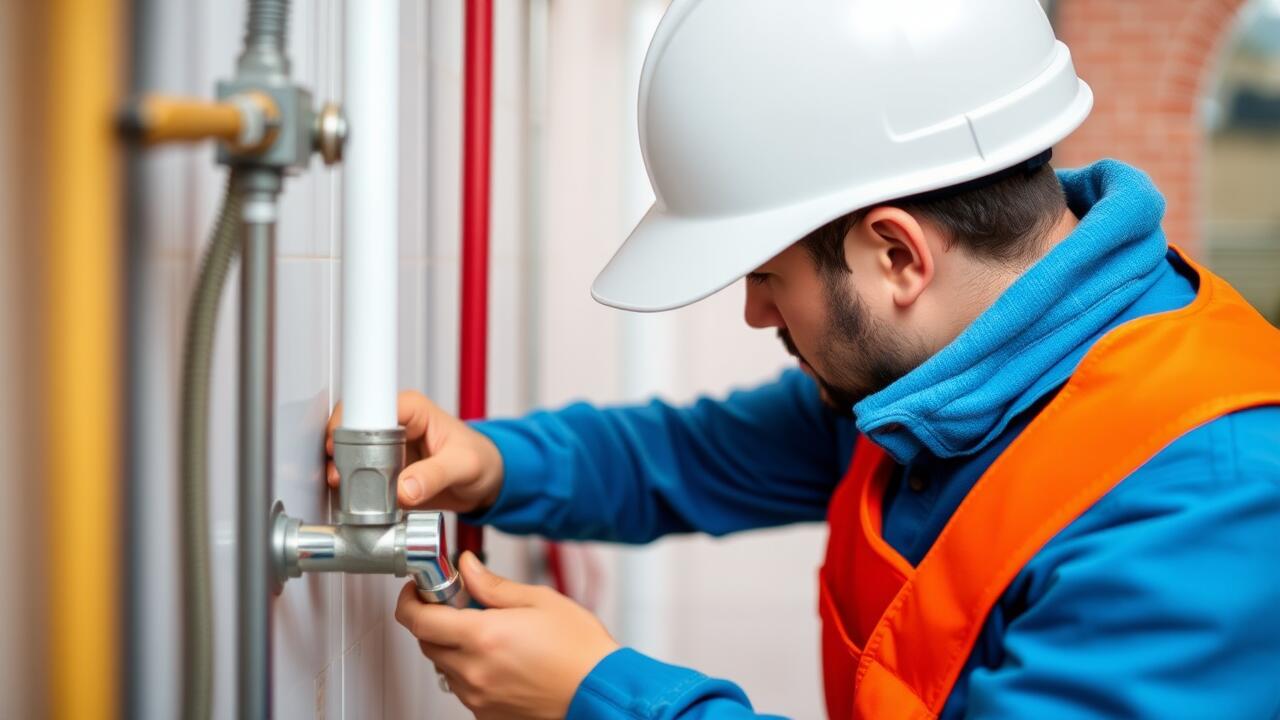
Cooking Tips to Avoid Clogs
Preventing clogged drains starts in the kitchen, where careful attention to what goes down the sink can make a significant difference. Scraping food scraps into the trash rather than rinsing them down the garbage disposal helps minimize buildup. Items like coffee grounds, egg shells, and fibrous vegetables can create blockages. Using a catch strainer can capture larger particles and prevent them from slipping down the drain.
Proper grease disposal is also crucial in avoiding clogs. Cooking oils and fats should never be poured down the sink, as they solidify and accumulate over time. Instead, allow leftover grease to cool and use a container for disposal. Residents can rely on local services, like West Hollywood, Los Angeles Plumbing, for guidance on efficient drain maintenance and further plumbing solutions.
Best Practices for Grease Disposal
Disposing of grease properly is essential to maintaining the health of your drains. Instead of pouring leftover cooking grease down the sink, allow it to cool and solidify. Once it has hardened, scrape it into a container or jar. This method prevents the grease from mixing with water and forming clogs. Be sure to seal the container before throwing it away in the trash. This simple step can significantly reduce the risk of clogged drains.
In addition to proper containment, it’s crucial to be aware of the type of grease being disposed of. Animal fats and oils, often found in meats and butter, can be particularly problematic. Along with using the right disposal methods, frequent maintenance can also help. Regularly consulting with experts, such as those at West Hollywood, Los Angeles Plumbing, can provide insights and services to keep your plumbing system functioning smoothly.
The Role of Hot Water
Hot water plays a crucial role in maintaining clear drains and preventing clogs. When poured down the sink, hot water can help dissolve grease, soap scum, and food particles. This simple practice can help in breaking down substances that often accumulate and cause blockages. Regularly flushing your drains with hot water can reduce the buildup of debris, promoting smoother flow.
For residents in Boyle Heights, Los Angeles plumbing systems are often susceptible to issues caused by local cooking habits and waste disposal practices. Using hot water as part of a routine cleaning regimen can support the overall health of plumbing infrastructure. It’s a cost-effective and environmentally friendly option that aligns with good maintenance practices. Consider incorporating this method into your cleaning schedule to keep your drains flowing freely.
How Hot Water Helps in Preventing Clogs
Hot water serves as a simple yet effective tool in preventing clogged drains. It works by breaking down grease and food particles that may settle in pipes. Regularly flushing drains with hot water can help keep these substances from solidifying and forming stubborn blockages. This practice is particularly useful in kitchens where grease accumulation is common.
In West Hollywood, Los Angeles plumbing professionals often recommend incorporating hot water into weekly home maintenance routines. By using hot water to wash down sinks and drains, homeowners can significantly reduce the likelihood of clogs. This preventative measure not only promotes a smoother flow but also minimizes the need for more invasive cleaning techniques in the future.
Chemical Drain Cleaners
Chemical drain cleaners can offer a quick solution for clearing clogged pipes. Many products contain powerful ingredients that break down debris, making it easier for water to flow freely again. However, these solutions may also come with risks. Prolonged exposure to harsh chemicals can damage pipes, particularly older plumbing systems. Homeowners should consider the compatibility of these cleaners with their plumbing before use.
In West Hollywood, Los Angeles plumbing professionals often recommend alternative methods for clearing drains. Natural solutions, such as baking soda and vinegar, provide a less harmful option. They can effectively prevent clogs without the side effects associated with chemical cleaners. Homeowners can increase the longevity of their plumbing systems by choosing safer alternatives and relying less on harsh chemicals.
Pros and Cons of Chemical Solutions
Chemical drain cleaners offer a quick solution for clearing clogged drains. These products work by using harsh chemicals to dissolve debris, hair, and grease buildup. For many homeowners, the convenience of pouring a bottle down the sink and expecting fast results is appealing. This method can be particularly beneficial in emergencies when time is of the essence. However, it is essential to consider the potential damage these chemicals can cause to plumbing systems, especially in older pipes.
On the other hand, the aggressive nature of chemical cleaners can lead to deterioration over time, potentially resulting in leaks or more significant plumbing issues, prompting the need for professional help. This drawback is particularly relevant for residents in areas like West Hollywood, Los Angeles, where local plumbing systems may be more vulnerable. Additionally, while chemical solutions may seem effective, they can pose risks to health and the environment, leading some to seek safer alternatives for drain maintenance.
FAQS
What are some cooking tips to avoid clogged drains?
To prevent clogged drains while cooking, avoid pouring grease and food scraps down the sink. Instead, use a strainer to catch food particles, and properly dispose of grease by letting it cool and then disposing of it in the trash.
How can hot water help in preventing clogs?
Hot water can help dissolve grease and food particles that may be stuck in your pipes. Running hot water down the drain regularly can keep your plumbing clear and reduce the risk of clogs forming.
Are chemical drain cleaners safe to use?
Chemical drain cleaners can be effective for clearing clogs but come with risks. They can be harmful to your plumbing and the environment. It’s important to follow the instructions carefully and consider alternative methods, such as using a plunger or a plumber’s snake.
What are the pros of using chemical solutions for clogged drains?
The main advantages of chemical solutions include their ability to quickly dissolve clogs and their convenience. They are readily available and can provide immediate results for minor blockages.
What are the cons of using chemical drain cleaners?
The downsides of chemical drain cleaners include potential damage to pipes, especially if used frequently, as well as safety hazards due to the toxic nature of many chemicals. They can also harm the environment if not disposed of properly, so it's advisable to use them sparingly.



